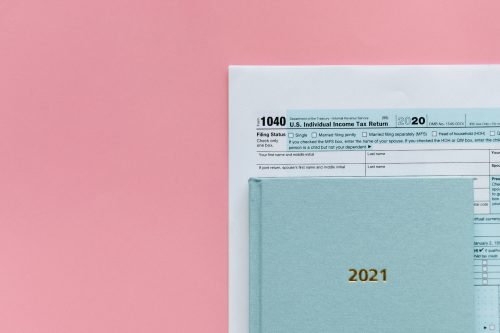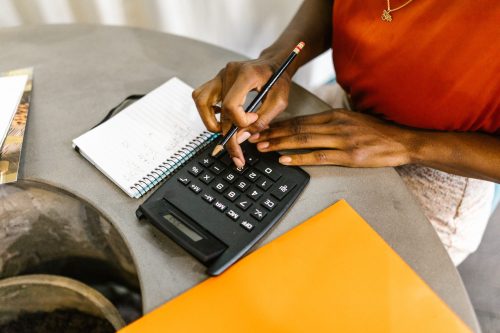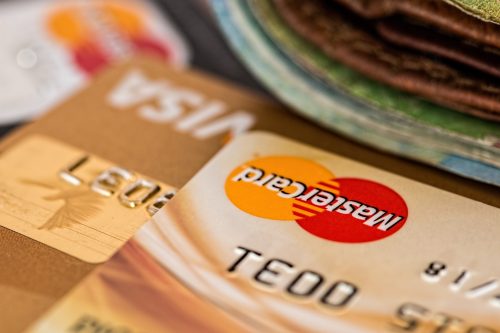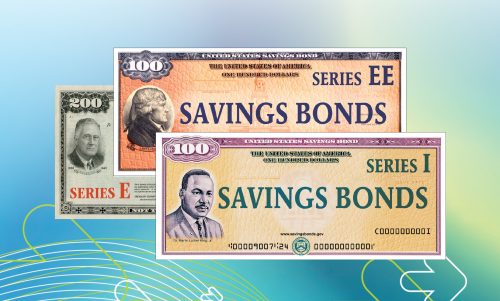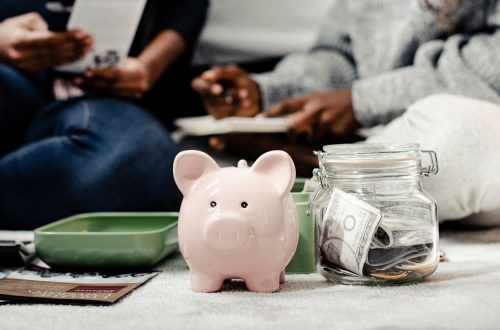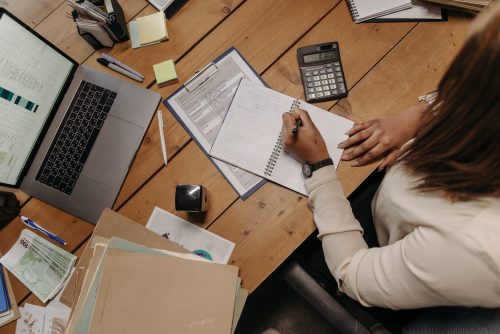- When shopping for a car, you have the option to lease or buy outright, and the decision should be made based on your personal preferences and needs, as well as your financial situation.
- If you lease, you will work with a dealership to secure a lease agreement, which includes your lease term, mileage, monthly payment, down payment and more.
- Leasing may be a more desirable option if you want to drive new models frequently, and accruing equity is not a priority for you.
When shopping for a car, you have to make a decision about how you’re going to pay for it: buy or lease. Unlike buying, leasing is ostensibly renting a car from a dealership, instead of outright owning it. Is leasing a car right for you? It depends on your specific financial situation and desires.
Leasing a car is an alternative to buying, but it’s not for everyone. Both buying and leasing have their own perks and drawbacks, and the decision is individualized.
A comprehensive delve into the advantages and disadvantages of leasing a vehicle can help you determine whether leasing or buying better complements your automotive and financial needs. Ultimately, you should understand what it means to lease a car to determine whether leasing is right for you.
How does auto leasing work?
With leasing, you work with a dealership to rent a car from them under certain terms. Leasing doesn’t typically involve buying a car (except in the case of a lease buyout); instead, it’s more like a long-term rental.
Before you can drive off the lot, you have to arrange a lease contract. This agreement includes many different components, including how much your down payment will be, car insurance requirements, lease term or duration of the lease, interest rates, monthly loan payments and limits on the number of miles.
Is leasing a car worth it? It depends on these terms and whether you find them favorable over buying a car outright.
The possibility of buying a car after you lease it is called a “lease buyout.” In this arrangement, you can buy the car you’re leasing for a predetermined, set price before the end of your lease. Sometimes, lease buyouts are a possibility, which can help you determine whether leasing a car is right for you.
Advantages of leasing a car
Why lease a car? Leasing has certain perks that may make it appealing. Some of the possible benefits of leasing a car include:
- Lower down payment: Leasing a car versus buying it often means you can put less money down up front.
- Lower monthly payments: Lease payments may be less than an auto loan to buy a car.
- Consistently drive new cars without buying them outright: At the end of the lease, you can choose to lease a newer model for your next vehicle.
- No need to sell the car yourself: If you’d like to change or upgrade your car, you don’t need to sell at the end of the lease.
- Repairs covered for a portion or all of the lease: Often, your warranty will last through the entire lease term, meaning you won’t be responsible for wear and tear during your lease period.
With this in mind, is it smart to lease a car? It depends. Whether or not you can take advantage of these benefits depends on the terms of the lease agreement.
Disadvantages of leasing a car
Although leasing a car certainly has possible advantages, particular disadvantages may push you to buy rather than lease.
Some of these disadvantages include:
- You don’t own the vehicle: Because the car still belongs to the dealership, you do not build equity, since you don’t own it outright.
- Mileage limits: Some lease agreements include mileage limits, so you may be restricted on how far you can drive the car or pay a penalty for exceeding the mileage.
- May require additional insurance coverage: Some lease agreements stipulate that you must buy gap insurance, which covers the difference between the car’s market value, including depreciation and what you still owe on your lease; if you are in an accident and your car is totaled, you’ll have to pay the difference between the insurance company’s payout and what you still owe on your lease.
Leasing vs. buying: Which should you choose?
Both leasing and buying can be wise choices; you should choose the route that suits your own needs. There are a few reasons you might choose to lease a car versus buy it and vice versa.
When should you lease a car?
Leasing a car can be a lighter lift if you are someone who prefers a more hands-off approach to car “ownership.” For instance, leasing may be wise if you’d like an easier time with repairs or don’t want to be responsible for a car years down the road. Additionally, if you value cutting-edge driving features, and would like to drive a new model as often as you can, you might prefer to lease.
When should you buy a car?
There are distinct indicators of when you should buy a car, too. For instance, if you tend to drive more than 15,000 miles a year, or you generally prefer more freedom to do as you please with your vehicle, you may prefer to buy. If you’d rather accrue equity in a car versus drive a new model often, buying can be a better option as well.
If you do choose to buy a car over leasing, and you need to borrow money to do so, there are several ways to buy a vehicle. You might consider exploring a personal line of credit. Personal loans are an option too, so you may want to learn about the differences between personal lines of credit and personal loans.
Do what’s right for you
To determine whether leasing a car will meet your needs and financial situation, take into account what you want out of a car, both now and in the coming years as well as how much you can afford to pay in the short term.
No matter whether you decide to lease or buy your car, carefully consider your auto financing options. If you opt to buy and are intent on keeping car spending to a minimum, may want to take advantage of other automotive resources, like How to Refinance a Car Loan or When to Refinance a Car Loan.



